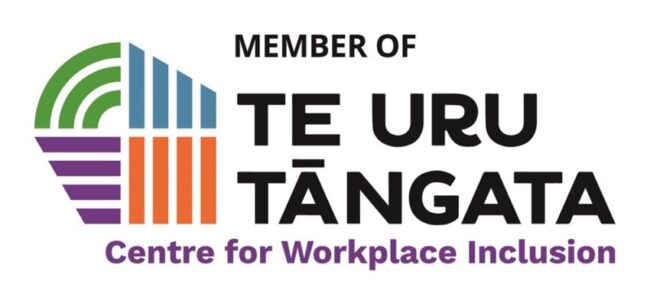A number of charities do not spend a lot of money, but instead choose to invest or set aside their funds. There may be a number of reasons for this. Some charities want to build up funds to carry out large projects or want to establish a pool of money out of which grants will be made in the future.
From a Charities Act perspective there is no issue with a charity accumulating funds, although Charities Services does expect a charity to at least be attempting to carry out activities to advance its charitable purposes. The potential issue with accumulating funds is tax. Under New Zealand’s income tax legislation, individuals or companies who donate monetary gifts to a charity that has “donee organisation” status can obtain tax advantages. Maintaining “donee organisation” status is therefore very important for a lot of charities.
In order for a charity to qualify as a “donee organisation” (amongst other things) its funds must be applied wholly or mainly to charitable purposes within New Zealand. But what does “applied” mean and has a charity that has been accumulating funds rather than spending them, “applied” those funds to charitable purposes? A recent Inland Revenue interpretation statement (Interpretation statement IS 18/05 “Income tax: donee organisations – meaning of wholly or mainly applying funds to specified purposes within New Zealand”) has provided some guidance for charities on this question.
The interpretation statement confirms that a charity that accumulates funds to spend at a future date can still be said to be applying those funds to charitable purposes as long as there has been an affirmative act to deal with the funds so as to devote them to a charitable purpose. The Commissioner expects this affirmative act would be the result of a decision by a charity to invest or set aside those funds for a particular charitable purpose, that:
- Is evidenced in writing;
- Is made at the appropriate level for a decision of that type. The example given in the interpretation statement is the trustees of a charitable trust resolving to set aside money in the trust’s savings account pending a capital purchase; and
- Contains sufficient detail so that it is clear that the application of those accumulated funds is for the advancement of charitable purposes within New Zealand.
Although the Commissioner did not consider it appropriate to suggest a limit on the extent to which a charity can accumulate its funds, she did note that a charity that accumulated “excessive” funds over a long period of time may have difficulty in showing that the purpose of the “donee organisation” provision in the income tax legislation was being achieved.
As a “donee organisation”, the interpretation statement also clarifies that there is an obligation to continually assess and consider the use of funds. However, the Commissioner concedes that a continual assessment would be burdensome and a charity would satisfy this requirement if it looked at how its funds are being applied over a discrete period, such as a year, and then on an annual basis.
Charities that are considering accumulating funds in investments or setting aside funds in cash or short-term deposits will now need to ensure that the decision to do so is made in writing, at the appropriate level within the charity and with the charitable purpose for doing so clearly outlined. Charities, regardless of whether they are accumulating funds or spending them, will also now need to ensure that they review how their funds are being applied, at least on an annual basis.
The interpretation statement will apply from 1 April 2019 or from the first day of the 2019/2020 income year for charities with a non-standard balance date.
Business Law team
If you need any assistance, do not hesitate to get in touch with the Business Law team at Lane Neave.
Gerard Dale, Claire Evans, Graeme Crombie, Evelyn Jones, Anna Ryan, Joelle Grace, Peter Orpin, Ellen Sewell, Matt Tolan, Carlo Wan, Kristina Sutherland, Jacob Nutt, Whitney Moore, Alex Stone, Ben Cooper, Lisa Catto
Also in this edition:
Business Law Newsletter:
Click here for other Corporate Law articles.




